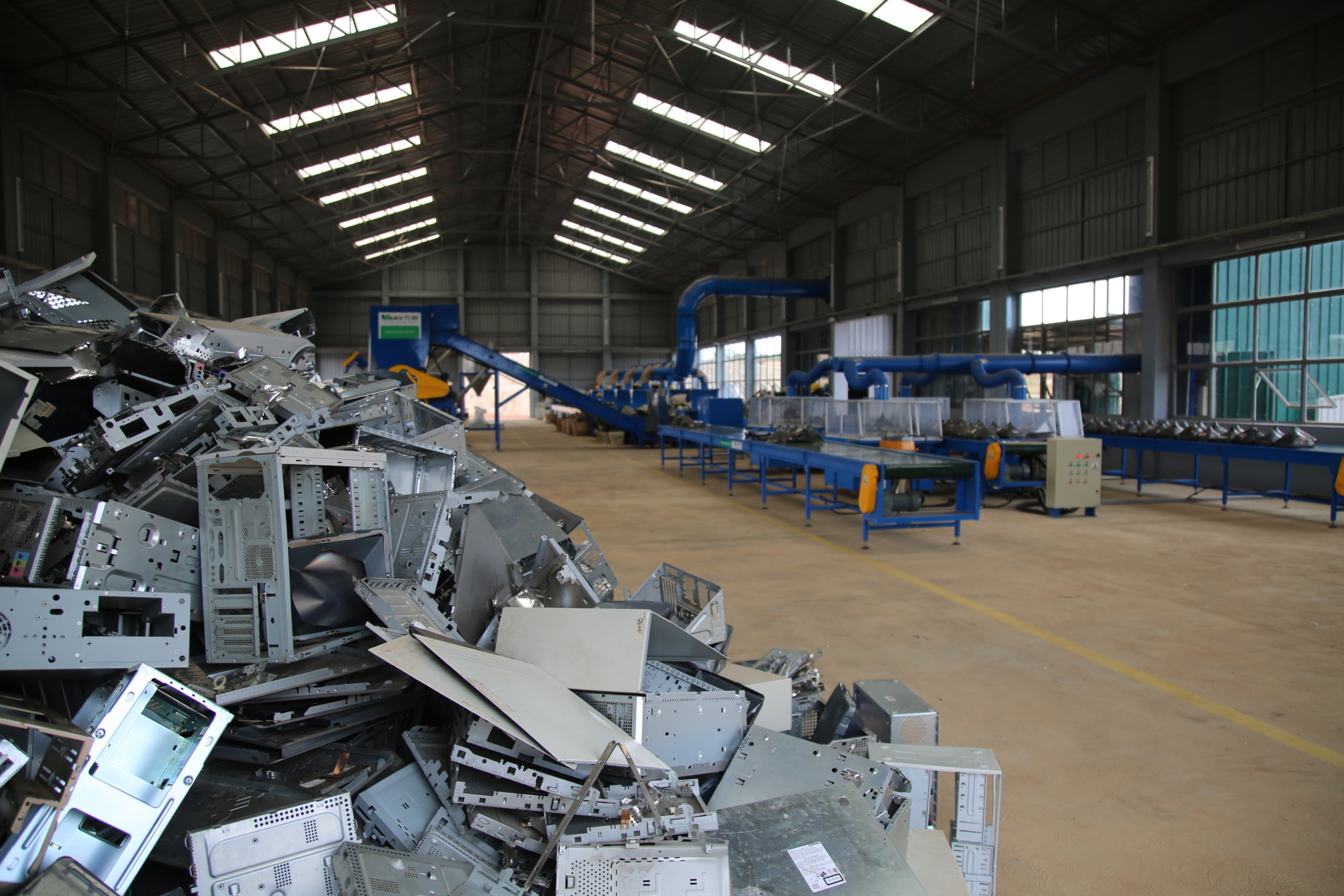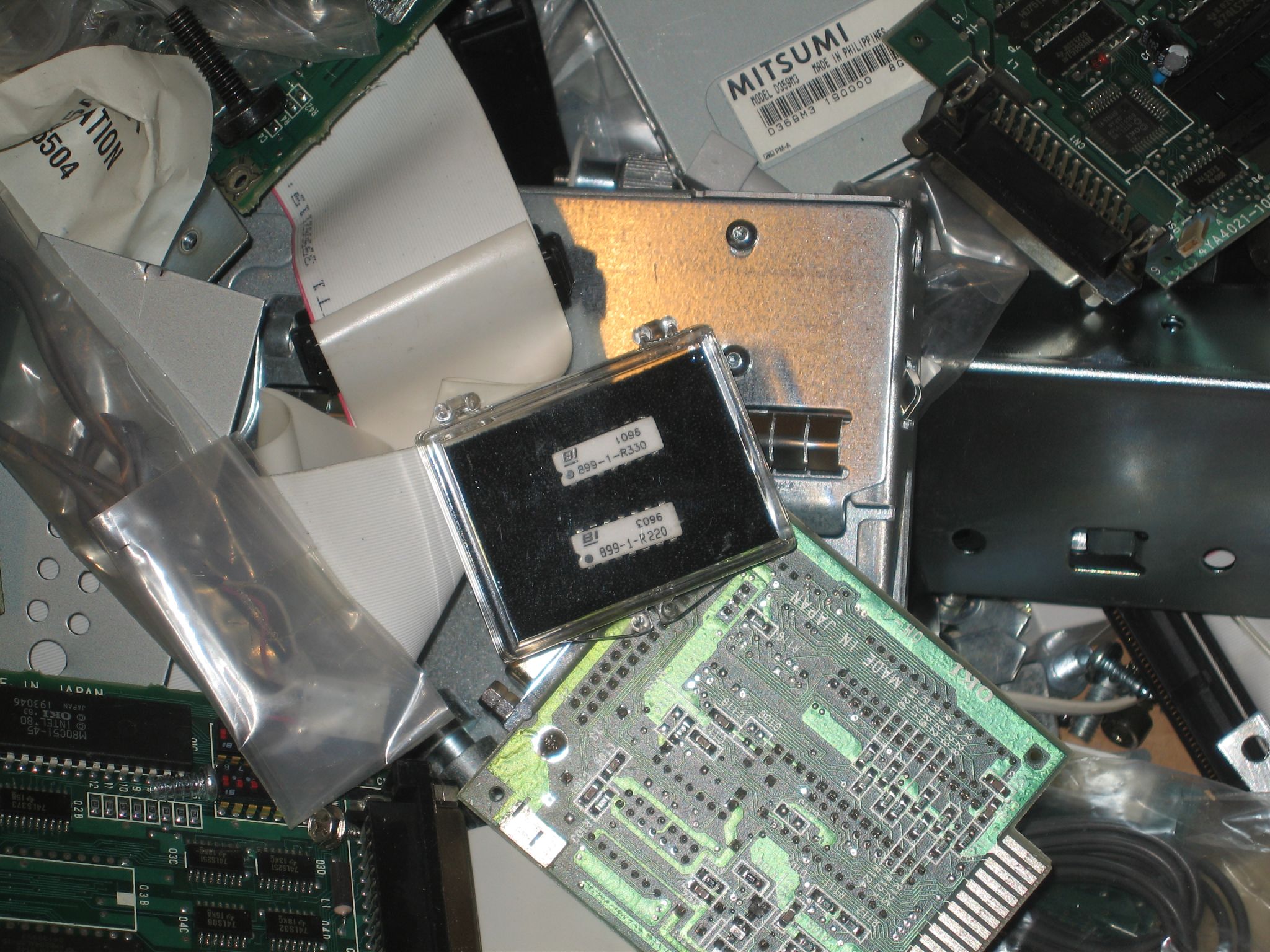
A victory against e-waste to wrap up the year
Every day, Americans dispose of another 416,000 cellphones—a shameful addition to our mounting waste problem. And it’s no wonder: The companies that make phones have put up barriers to self-repair and independent repair. That’s why Apple’s recent about-face on the consumer’s Right to Repair is such welcome news.

An update from Doug Phelps, president and executive director of The Public Interest Network
JAN. 31, 2022
Every day, Americans dispose of another 416,000 cellphones—a shameful addition to our mounting waste problem.
Some people just can’t resist the newest new thing. Others simply find it next to impossible to fix their phones when they break. And it’s no wonder: The companies that make phones have put up barriers to self-repair and independent repair.
That’s why Apple’s* recent about-face on the consumer’s Right to Repair is such welcome news.
Back in December 2017, at the height of the holiday shopping season, Apple users discovered that a software update was throttling phones’ processors if the phone detected an older battery. This scandal, remembered as “Batterygate,” helped launch PIRG’s involvement in the Right to Repair movement. Now, nearly four years later, Apple has reversed its longstanding policy and will now sell spare parts, provide repair instructions and make repair software tools available to customers.
Apple is one of the world’s biggest companies. Its announcement has energized activists and shown policymakers and regulators that repair access is and has always been “reasonable and doable,” in the words of PIRG’s Right to Repair Senior Campaign Director Nathan Proctor.
This step forward also validates the coordinated approach that PIRG and other groups in The Public Interest Network have taken to help advance the cause of repair.
Nathan and his team do the research to illustrate why Right to Repair is necessary; help elevate the issue in the media; weigh in on federal policy; support policy development and campaigns at the state and corporate levels; and coordinate closely with repair business leaders at Repair.org, the grassroots repair movement through iFixit, and other advocates for change. Thanks to these leaders, what began as a group of frustrated repair technicians and tinkerers now includes farmers, medical professionals, environmentalists and consumer advocates who work in coordination to win access to the parts and information we need to fix our stuff.
Our state directors build momentum by forging relationships with more local partners, from farmers to hospital associations, as well as decision-makers from both sides of the aisle. The Right to Repair bills we’ve helped shepherd along in 27 states have set the standard for repair reform.
Amid all this work, Green Century Capital Management,° The Public Interest Network’s affiliated environmentally and socially responsible mutual fund company, filed a shareholder resolution with Apple calling for it to account for its anti-competitive repair policies. In an accompanying statement, Green Century President Leslie Samuelrich warned that Apple “risks losing its reputation as a climate leader if it does not cease its anti-repair practices.”
Apple went to the SEC to challenge the resolution, and tellingly, on the same day Green Century was due to defend its position to the SEC, Apple announced its new policy.
All of our work, and that of our allies, played a role in convincing Apple to change course. Apple’s leaders had no choice but to respond to the new context: President Biden and the Federal Trade Commission were putting the pressure on, 27 states were considering Right to Repair legislation, and shareholders were growing restless.
We can’t rely on just one company, state or president to make lasting change. As e-waste piles up in landfills around the world and mounting carbon emissions destabilize our climate, we need more change from major manufacturers—and fast.
But when a company as big as Apple recognizes the winds are shifting, it’s a sign of real progress. And each incremental step toward a Right to Repair also helps elevate “reuse,” alongside “reduce” and “recycle,” in our waste conversation while putting more power in the hands of the consumer.
Congratulations again to Nathan and his team at PIRG, Green Century, and our many friends in the repair movement who have been working hard on this issue for years.
The Public Interest Network is not a registered investment adviser. The Public Interest Network is not providing any investment advice to any recipient of this communication.
About Green Century Capital Management
°Green Century Capital Management, Inc. (Green Century) is the investment advisor to the Green Century Funds (The Funds). The Green Century Funds are the first family of fossil fuel free, responsible, and diversified mutual funds in the United States. Green Century Capital Management hosts an award-winning and in-house shareholder advocacy program and is the only mutual fund company in the U.S. wholly owned by environmental and public health nonprofit organizations.
*As of December 31, 2021, Apple Inc. comprised 5.56%, 0.00%, and 0.00% of the Green Century Balanced Fund, the Green Century Equity Fund, and the Green Century International Index Fund respectively. As of the same date, other securities mentioned were not held in the portfolios of any of the Green Century Funds. References to specific securities, which will change due to ongoing management of the Funds, should not be construed as a recommendation by the Funds, their administrator, or their distributor.
You should carefully consider the Fund’s investment objectives, risks, charges, and expenses before investing. To obtain a Prospectus that contains this and other information about the Funds please click here, email [email protected], or call 1-800-934-7336. Please read the Prospectus carefully before investing.
A sustainable investment strategy which incorporates environmental, social and governance criteria may result in lower or higher returns than an investment strategy that does not include such criteria.
Stocks will fluctuate in response to factors that may affect a single company, industry, sector, country, region or the market as a whole and may perform worse than the market. Foreign securities are subject to additional risks such as currency fluctuations, regional economic and political conditions, differences in accounting methods, and other unique risks compared to investing in securities of U.S. issuers. Bonds are subject to a variety of risks including interest rate, credit, and inflation risk.
This information has been prepared from sources believed reliable. The views expressed are as the date of this writing and are those of the Advisor to the Funds.
The Green Century Funds are distributed by UMB Distribution Services, LLC. 235 W Galena Street, Milwaukee, WI 53212. 1/22
Topics
Find Out More


Unsubscribe: Refusing to pay to use what we own

30 states considering Right to Repair so far in 2024

